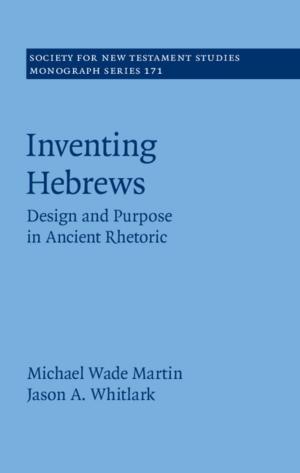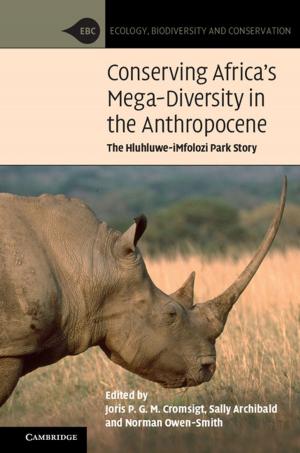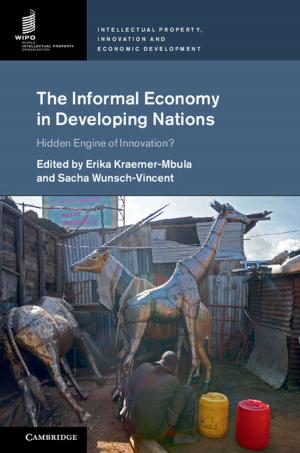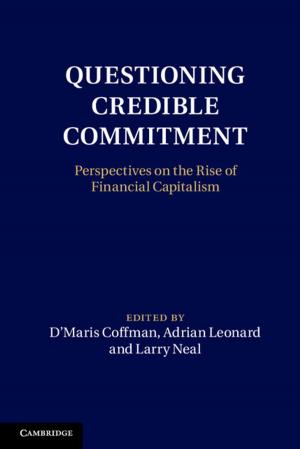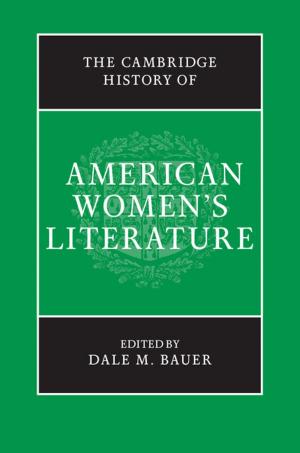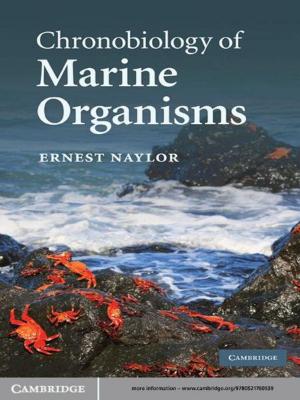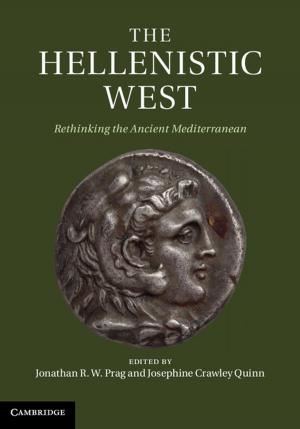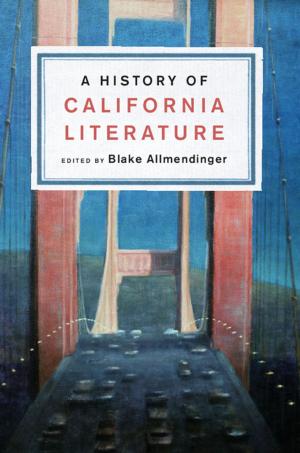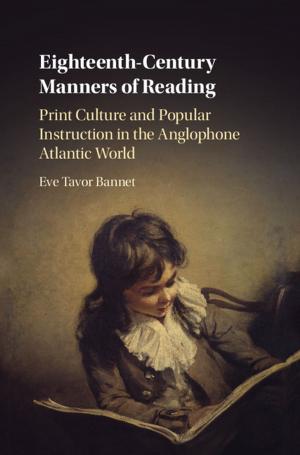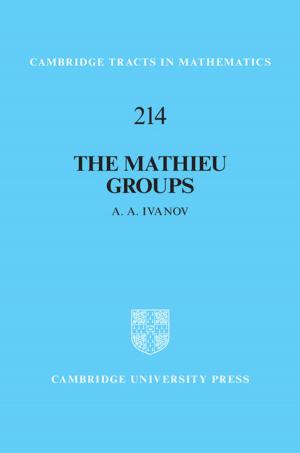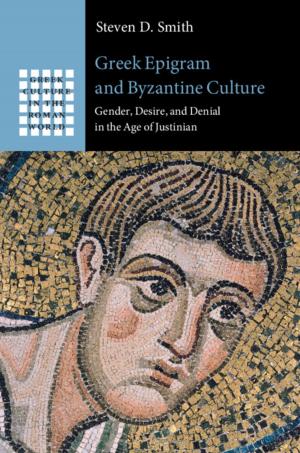Colloquial and Literary Latin
Nonfiction, Reference & Language, Foreign Languages, Fiction & Literature, Literary Theory & Criticism, History| Author: | ISBN: | 9780511850332 | |
| Publisher: | Cambridge University Press | Publication: | July 22, 2010 |
| Imprint: | Cambridge University Press | Language: | English |
| Author: | |
| ISBN: | 9780511850332 |
| Publisher: | Cambridge University Press |
| Publication: | July 22, 2010 |
| Imprint: | Cambridge University Press |
| Language: | English |
What is colloquial Latin? What can we learn about it from Roman literature, and how does an understanding of colloquial Latin enhance our appreciation of literature? This book sets out to answer such questions, beginning with examinations of how the term 'colloquial' has been used by linguists and by classicists (and how its Latin equivalents were used by the Romans) and continuing with exciting new research on colloquial language in a wide range of Latin authors. Each chapter is written by a leading expert in the relevant area, and the material presented includes new editions of several texts. The Introduction presents the first account in English of developments in the study of colloquial Latin over the last century, and throughout the book findings are presented in clear, lucid, and jargon-free language, making a major scholarly debate accessible to a broad range of students and non-specialists.
What is colloquial Latin? What can we learn about it from Roman literature, and how does an understanding of colloquial Latin enhance our appreciation of literature? This book sets out to answer such questions, beginning with examinations of how the term 'colloquial' has been used by linguists and by classicists (and how its Latin equivalents were used by the Romans) and continuing with exciting new research on colloquial language in a wide range of Latin authors. Each chapter is written by a leading expert in the relevant area, and the material presented includes new editions of several texts. The Introduction presents the first account in English of developments in the study of colloquial Latin over the last century, and throughout the book findings are presented in clear, lucid, and jargon-free language, making a major scholarly debate accessible to a broad range of students and non-specialists.

